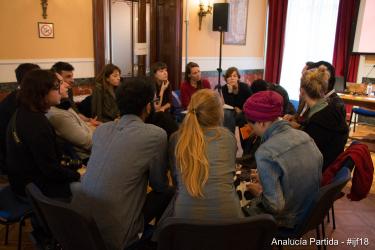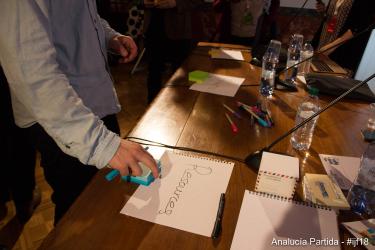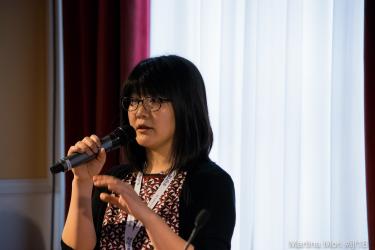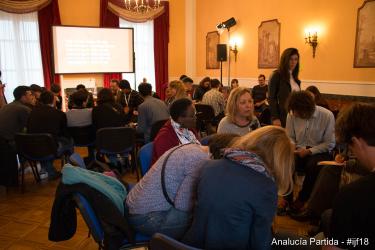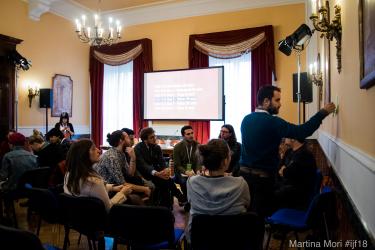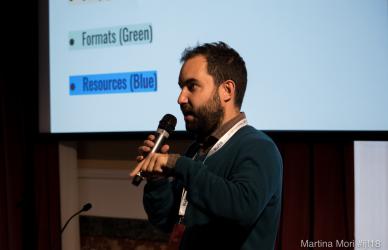Facelift challenge: Let's get together and find collaborative processes for climate change journalism.
Journalists, we have a problem.
We need to find new narratives, new sensible ways to use climate change data, models, evidences in our journalistic coverage. We need to get over news that focus only on emergencies, disasters, apocalyptic future perspectives.
We need to find new ways to engage our audiences more deeply, leave them empowered by what they read/see, rather than hopeless.
But to get there we really need to work in a different way, shaping a new process of collaborative work between scientists, who own the data and know the fact, and journalists, who know how to turn those data and facts into a story for their audiences. We also need to listen to the audiences and understand what they want to see and read so that they feel part of the bigger picture. However, to this day, there is a huge issue around 'trust' between science and journalism communities, and between journalism and audiences that does not help when climate change is the topic of discussion. Scientists fear that the complexity goes undermined and often miscommunicated. Journalists find it difficult to grasp data, models, any talk of uncertainty and impacts and long term scenarios.
Our goal is fostering active collaboration at different levels, between scientists and journalists and across newsrooms but also with audiences. We want to understand the issues that people actually care about to help generate better story ideas, seek new ways to tell engaging stories, and build a new range of journalistic products on climate change. These stories might go over the disastrous effects and better tell of the efforts, investments and strategies put forward by local and global communities to combat the effects of climate change, to improve resilience and conservation, to find new opportunities of sustainable development with an appropriate use of natural resources.
In this session, we want to tackle questions like:
- How do we prevent climate stories being relegated to emergencies or scare stories?
- How do we facilitate a medium-long term collaboration between researchers/scientists and journalists leading to more data and fact based stories?
- How do we motivate both journalists and scientists in listening to the different publics and try to use scientific knowledge to integrate with politics, economics, culture and try and answer to communities’ needs?
We need your help and ideas. Come join us and bring the challenges you would like us to tackle together, problems you have experienced at first hand or issues you think audiences are experiencing with their engagement of climate change.
This is the very start of our journey together. We want to use our collaborations to foster action at local and global level, and to help us all to build innovative methods, strategies and a new language in our work on climate change.
We want to do this through sustainable, creative collaborations that are driven and inspired by reporters, scientists, developers, designers, video producers, audiences and many others.
This session is co-organised by the Lookout Station, Formicablu, Wellcome Trust, International Center for Journalists (ICFJ), Code for Africa, United Nations University, Public Media Alliance, Climate Tracker, Clean Energy Wire (CLEW), Outliers Collective, Ursa, European Forest Genetic Resources Programme, and Israel Embassy in Italy.
Facilitators:
Elisabetta Tola, Data journalist and Science communicator, formicablu and EFI consultant
Alok Jha, Engagement Fellow, Wellcome Trust
Jacopo Ottaviani, ICFJ Knight Fellow Code for Africa
Rina Tsubaki, Communications Manager Strategic Partnerships, the European Forest Institute and The Lookout Station



